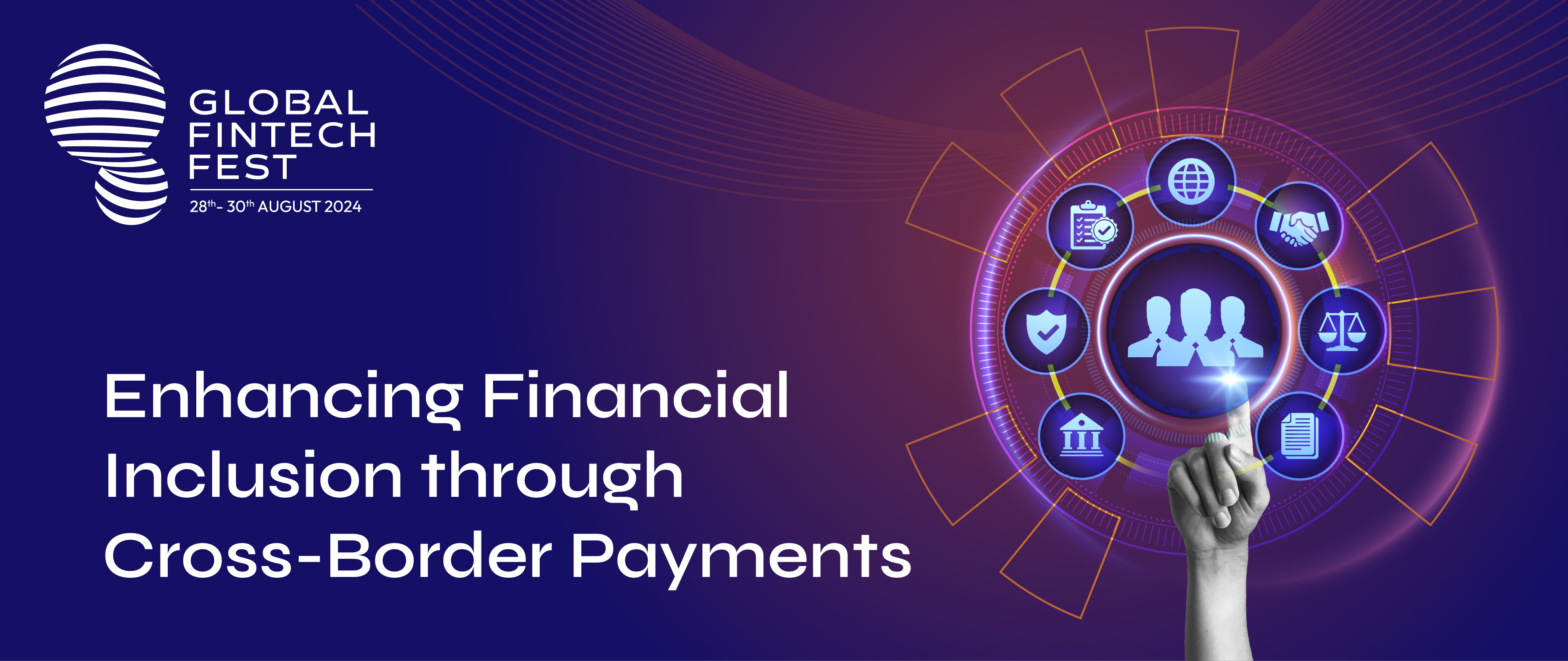
- May 08 2025
Enhancing Financial Inclusion through Cross-Border Payments
Before exploring the role of cross-border payments in bridging the financial gap, let us understand what financial inclusion is. A crucial driver of economic growth, financial inclusion is the process of ensuring that individuals and businesses have access to essential financial products and services, such as savings accounts, credit, insurance, and payment systems.
The importance of financial inclusion:
Financial inclusion involves making these services accessible, affordable, and user-friendly, enabling individuals to participate fully in the economy. It also aims to eliminate barriers that prevent people from accessing the financial system, thereby fostering economic empowerment and reducing poverty.
Globally, several steps have been taken to ensure financial inclusion, with digital technologies playing a key role. However, large segments of the population, particularly in developing countries, still face challenges like:
- Limited access to banking services
- High transaction costs
- The lack of adequate digital infrastructure
How cross-border payments can help
Cross-border payments provide underserved populations with access to financial services, enabling them to participate in the global economy. For example, remittances sent by overseas workers are a lifeline for many families in countries like India, Indonesia, and Bangladesh. By simplifying and reducing the cost of cross-border transactions, financial institutions can empower individuals economically, allowing them to support their families and invest in their futures.
Cross-border payments were among the focus areas of discussion at the Global Fintech Fest 2023, with several industry leaders highlighting initiatives that by extension improve financial inclusion in India.
For example, certain fintech companies have developed treasury management solutions that offer competitive conversion rates and real-time transactions, making it easier for individuals to send money for essential needs like education or medical expenses. By reducing these transactions' cost, more people can participate in the financial system.
Additionally, innovative platforms that utilize blockchain technology have been developed by ecosystem players like banking entities to reduce errors and rejections in remittances. This ensures that money sent from one country reaches its destination more securely and efficiently, which is particularly important for those relying on remittances for their livelihood. By improving the reliability of cross-border payments, these innovations help build trust in the financial system, encouraging more people to use these services.
What the future holds
The future of financial inclusion lies in the continued collaboration between traditional banks and fintech companies. The focus will likely shift from merely providing access to creating seamless, contextual experiences through smart contracts, embedded finance, and automated services. Financial institutions should prioritize developing scalable, secure, and affordable solutions to address the unique challenges faced by underserved populations. By doing so, they can drive financial inclusion and create lasting, positive impact on global communities.
Frequently Asked Questions
The Global Fintech Fest (GFF) is an annual fintech conference organized by the Payments Council of India (PCI), the National Payments Corporation of India (NPCI), and the Fintech Convergence Council (FCC). Started in 2020, GFF has emerged as the world's largest fintech conference and the leading thought leadership platform in the fintech landscape.
The Global Fintech Fest features participation from a wide range of sectors including Digital Banking and BFSI, Payments, Lending, Technology, AI, Fintech, Financial Services Providers, and many more.








